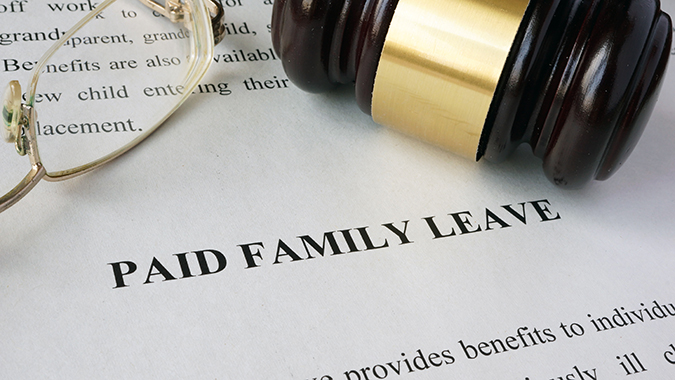As concerns mount about economic conditions in the wake of new federal tariff policies. U.S. small business optimism declined in March by the most since June 2022, according to data released Tuesday by the National Federation of Independent Business (NFIB).
The NFIB Small Business Optimism Index declined by 3.3 points in March to 97.4, falling just below the 51-year average of 98. The Uncertainty Index decreased eight points from February’s second highest reading to 96. Business conditions and sales expectations contributed the most to the decline in the Optimism Index.
“The implementation of new policy priorities has heightened the level of uncertainty among small business owners over the past few months.” said NFIB Chief Economist Bill Dunkelberg. “Small business owners have scaled back expectations on sales growth as they better understand how these rearrangements might impact them.”
Key findings include:
- The percentage of small business owners reporting taxes as their single most important problem rose two points from February to 18%. The number of owners reporting “taxes” as their top small business issue has not been this high since November 2021.
- The net percentage of owners expecting better business conditions fell 16 points from February to a net 21% (seasonally adjusted). This is the third consecutive monthly decline and the largest monthly decline since December 2020.
- When asked to rate the overall health of their business, 11% of owners reported excellent (unchanged), and 53% reported good (down two points). Thirty-one percent reported the health of their business was fair (up four points) and 4% reported poor (down two points).
- The percentage of small business owners reporting labor quality as the single most important problem for their business was unchanged from February at 19%, remaining the top issue, with taxes one point behind.
- The net percentage of owners expecting higher real sales volumes fell 11 points from February to a net 3% (seasonally adjusted). This is the third consecutive month real sales expectations declined after surging from recession levels after the election.
- 16% of business owners reported that inflation was their single most important problem in operating their business (higher input costs), unchanged from February and falling from its rank as the second top issue.
- The net percentage of owners raising average selling prices fell six points from February to a net 26% seasonally adjusted. This is the largest monthly decrease since December 2022, but still historically high.
- Seasonally adjusted, a net 30% plan price hikes in March, up one point from February and the highest reading since March 2024.
- A net 6% reported their last loan was harder to get than in previous attempts, up four points from February and the largest monthly increase since September 2023.
- 28% of all business owners reported borrowing on a regular basis, up four points from February’s lowest reading since May 2022.
The NFIB Research Center has collected Small Business Economic Trends data with quarterly surveys since the fourth quarter of 1973 and monthly surveys since 1986. Survey respondents are randomly drawn from NFIB’s membership. The report is released on the second Tuesday of each month. This survey was conducted in March 2025.




